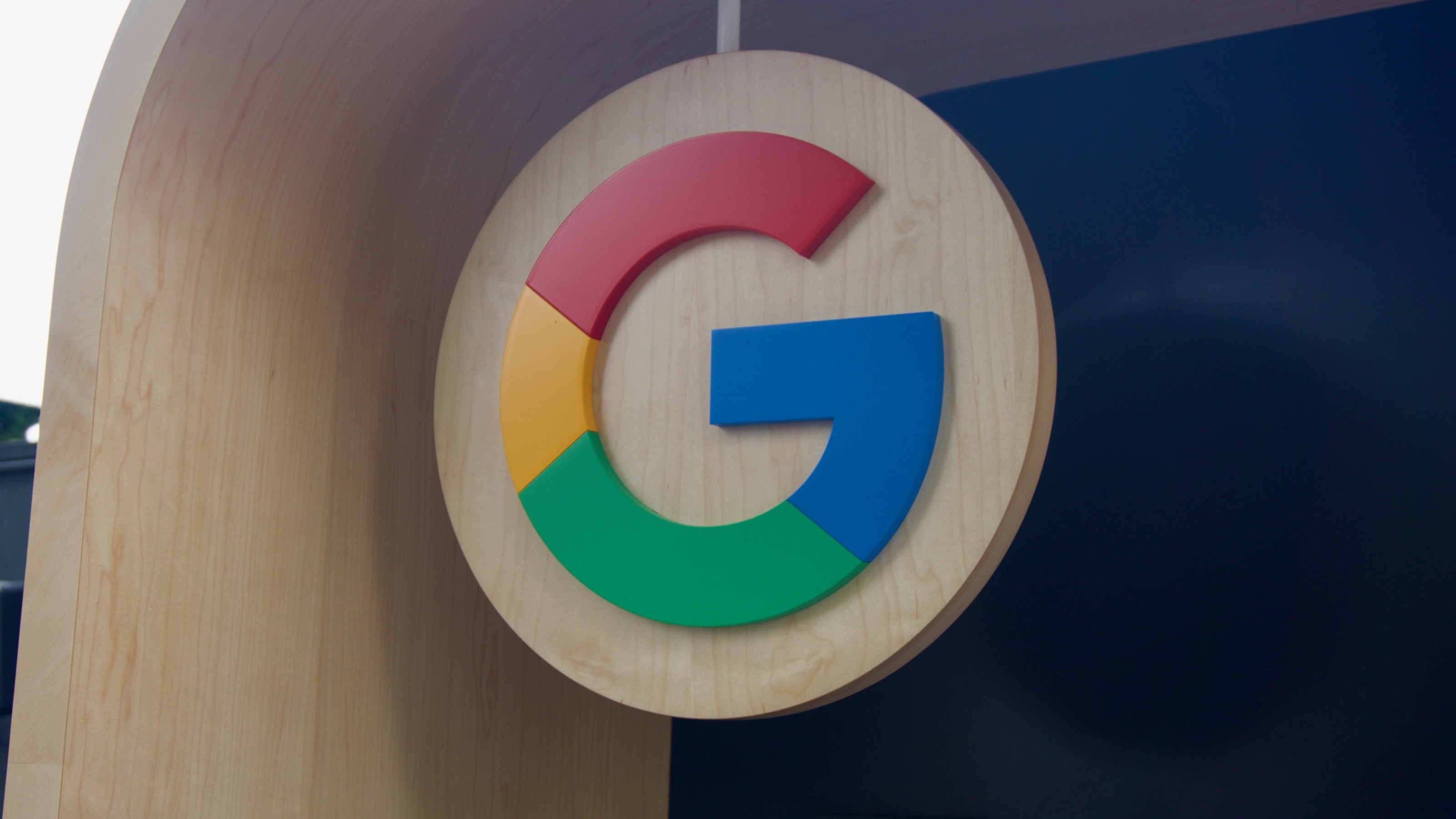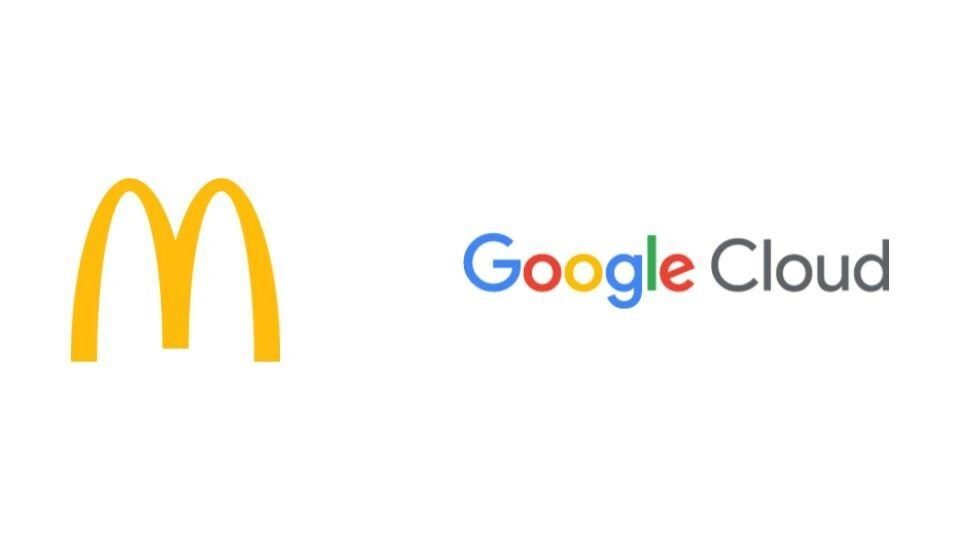
What you need to know
- McDonald's announced a partnership with Google Cloud as it looks to bring its new collaborative AI chatbot, "Ask Pickles," to its restaurants.
- Pickles aims to reduce in-store disruptions, gather insight into equipment performance, and help employees provide better hospitality for customers.
- McDonald's third-quarter data shows more than 40% ($9 billion) of its sales come from its mobile app, kiosks, and deliveries.
McDonald's will look to lean on Google's AI technology to better the online ordering experience for customers and the work experience for those serving meals.
According to a press release, McDonald's and Google have come together on a multi-year global partnership as the former will leverage Google Cloud's technology across "thousands of its restaurants worldwide." The partnership means Google Cloud's Chicago team will work together with McDonald's global innovation center, Speedee Labs, to roll out the new generative AI experiences.
One such product, according to Bloomberg, includes a new "Ask Pickles" chatbot, which will be trained to assist daily operations and provide guidance for workers, all in a bid to lower the "complexities" employees may experience in restaurants. This includes providing manuals and instructions on properly cleaning equipment like the ice cream machine to hopefully keep it from always breaking down.
With generative AI at the helm, the fast-food chain plans on bringing Cloud's hardware and software to "thousands" of restaurants. This serves to provide helpful insights to McDonald's on the performance of equipment and to create solutions to reduce disruptions.
Elsewhere, the chain plans on using Google's computing power to improve its mobile app. As Bloomberg reports, consumers' usage of the McDonald's app, kiosks, and delivery now account for 40% (nearly $9 billion) of the restaurant's total sales, per third-quarter data.
The company plans to operate more than 50,000 restaurants by 2027, which should provide enough data to help train the AI model to operate more efficiently, according to Brian Rice, McDonald's executive vice president and global chief information officer.
"Connecting our restaurants worldwide to millions of datapoints across our digital ecosystem means tools get sharper, models get smarter, restaurants become easier to operate, and most importantly, the overall experience for our customers and crew gets even better."

Google has continued to create new ways to press the boundaries of AI models capable of various tasks. Most recently, the company formally introduced Google Gemini and its three forms: Nano, Pro, and Ultra. Nano will arrive on Android phones, specifically the Pixel 8 Pro, to help with on-device tasks for the average user.
Gemini Pro was designed to fit into Bard's text-based prompts, becoming available for developers and enterprise customers. The Ultra model is much larger, and because of that, Google needs more time to iron out any problems. The company is busy completing "extensive trust and safety checks" as it's posed as Google's "most capable model."
It's not unruly to think the McDonald's/Cloud partnership will utilize one of the larger Gemini models once everything is sorted out. "Thousands" of McDonald's restaurants will begin receiving its new Gen AI upgrade in 2024.







